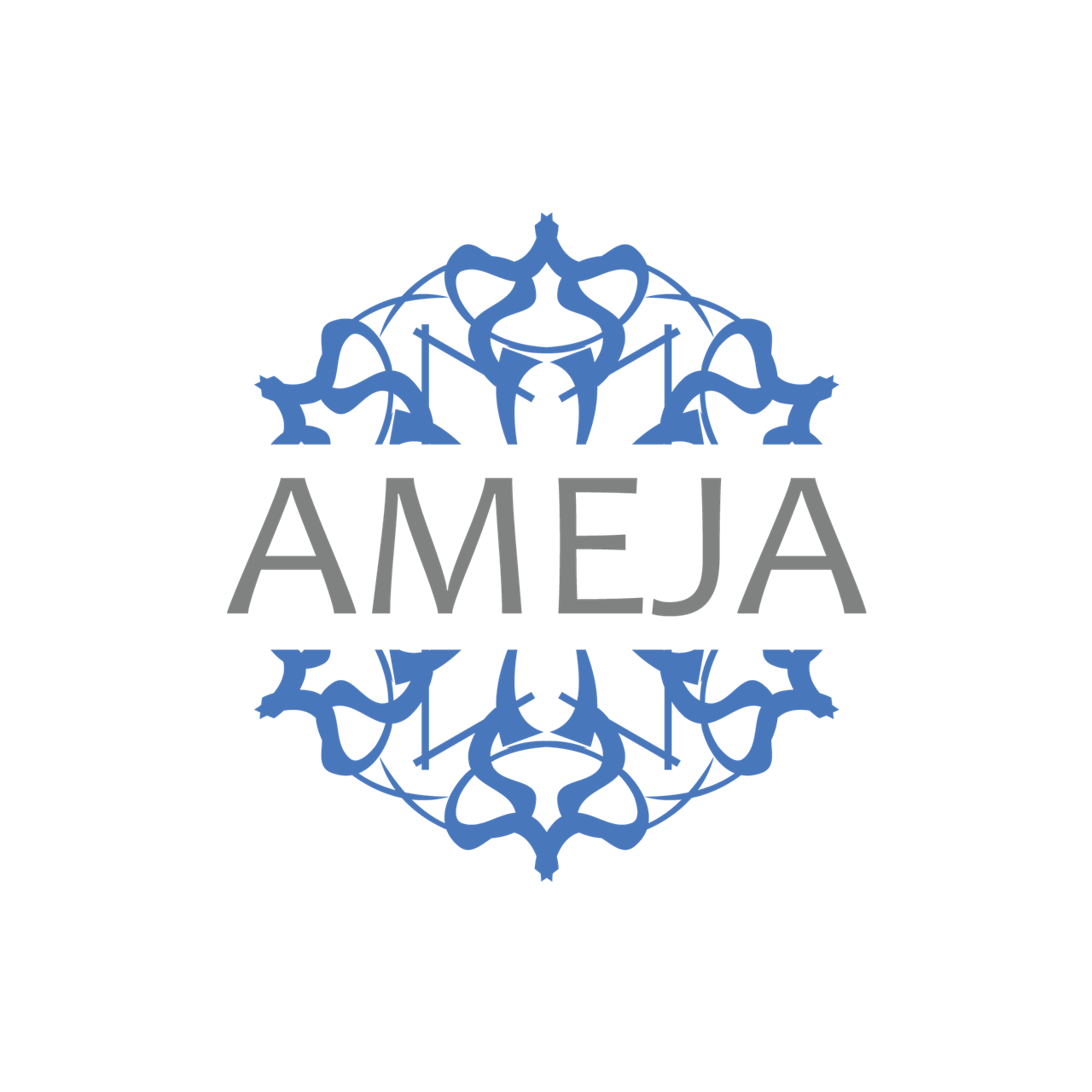Following the Democratic primary victory of Zohran Mamdani for New York City mayor and the subsequent surge in Islamophobic rhetoric, the Arab and Middle Eastern Journalists Association (AMEJA) has identified recurring patterns in news coverage that warrant careful consideration.
Coverage of Muslim public figures in the U.S. often includes disproportionate focus on faith, questions about loyalty, and coded language that reinforces harmful stereotypes. Such coverage reflects broader challenges faced by Muslims in public life and may contribute to bias or misinformation.
AMEJA offers the following guidance for journalists and editors aiming to ensure coverage is accurate and contextually informed. This is a living document.
Essential Guidelines for Coverage
- Prioritize accuracy and cultural context: Double-check names, pronunciations, and cultural references. Ensure photos match the correct individuals and are contextually appropriate.
- Use precise language: Be specific when referring to discrimination. Prefer “Islamophobic attacks,” “anti-Muslim violence,” or “anti-Arab racism” over vague euphemisms.
- Understand legal definitions: “Hate crime” is a legal term with requirements. Regardless of classification, center the impact on affected communities.
- Attribute and contextualize inflammatory rhetoric: Provide immediate context when reporting discriminatory claims or slurs.
- Report human impact: Cover how discrimination affects individuals, families, and communities—not just its political implications.
- Avoid amplifying conspiracy theories: Always include context and historical parallels when covering them.
- Frame bias as a choice: Present discriminatory attacks as choices made by individuals and systems.
- Include community sources: Verify claims with independent or community-based perspectives.
Providing Context
- Connect incidents to post-9/11 discrimination and surveillance.
- Note historical patterns of targeting Muslim candidates.
- Explain intersections with xenophobia and racism, especially during election seasons.
- Center Muslim, Arab, and Middle Eastern community voices and perspectives.
Expertise and Support
Diversify your sources: interview Muslim, Arab, Middle Eastern, and South Asian experts. Build relationships in these communities. For help identifying qualified sources, AMEJA can assist directly at board@ameja.org.
AMEJA is committed to supporting ethical and nuanced coverage of Arab, Middle Eastern, Muslim, and South Asian communities and is available to provide additional guidance or comment as stories develop.
